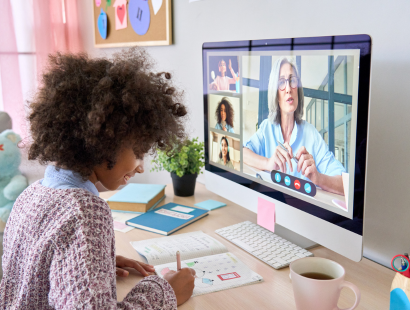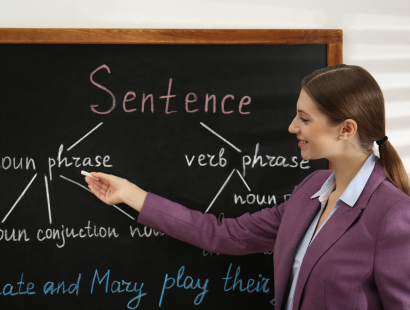
English as a Second Language (ESL) program

Our Programs and Focus Areas
Our English as a Second Language (ESL) program is designed to serve the needs of English learners, age 16 yrs and above. The program covers three key areas of the English language: Listening Comprehension, Structure and Written Expression, and Reading and Vocabulary. Classes are offered online, live, and pre-recorded by professional English teachers. Activities for the ESL programs comprise quizzes, tests, exercises, puzzles, random-sentence generator, audio sentence player, and other computer assisted language learning activities.
Focus Areas
Listening Comprehension
This listening and comprehension module measures the learners' ability to understand spoken English as it is used in everyday life, suitable for learners aged 16 and above.


Structure and Written Expression
This Structure and Written Expression module measures recognition of selected structural and grammatical points in standard written English, suitable for learners aged 16 and above.
Reading Comprehension
This Reading Comprehension module measures the ability to read and understand everyday written material written in English, suitable for learners aged 16 and above.


English speaking practice Module
Learners are paired with native English conversation partners for 4 hours/week. The English native speaker provides conversation topics and feedback to help the student improve their speaking ability, suitable for learners aged 16 and above. These sessions are conducted through video-conferencing technologies, and are recorded for training and assessment purposes.
English Learning Program
Boys & Girls Clubs of Senegal (BGCSN) is dedicated to providing an education and safe environment for youth in Senegal and the United States. Our English language learning Program provides learners with the opportunity to practice their English speaking skills with native English conversation partners for 4 hours a week. Video-conferencing technologies allow for the exchange of cultural knowledge in addition to language practice, while audio recordings help learners maximize their progress in achieving fluency.
